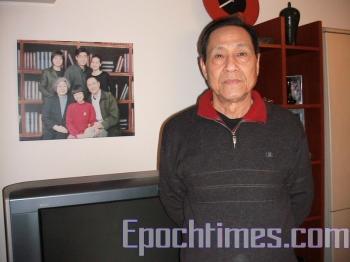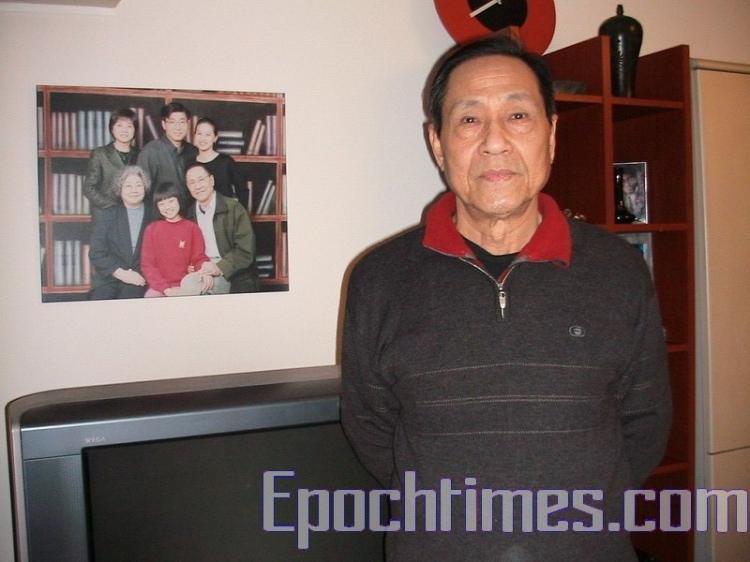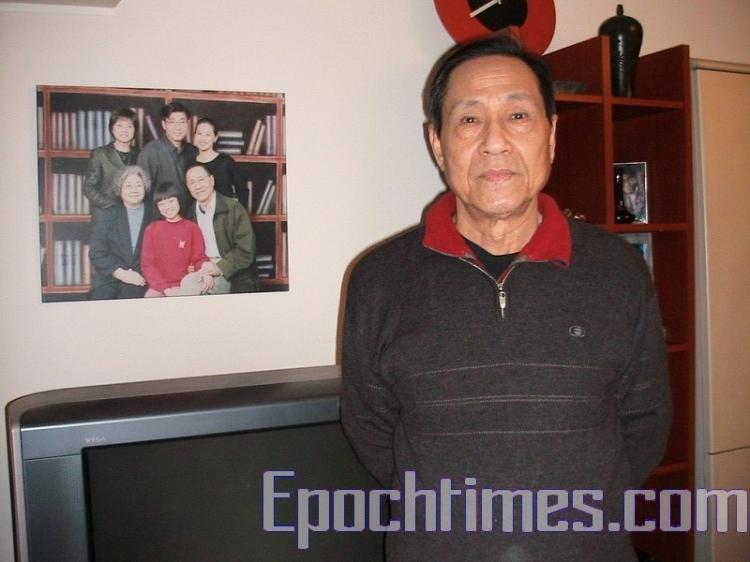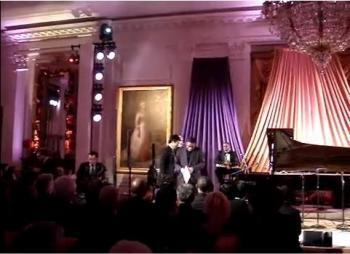A recent political essay that openly criticized the Chinese Communist Party has met with a stiff rebuttal in Chinese state media. Rather than dampening the effect of the original piece, however, experts say interest has only grown.
China News Service, the overseas arm of official Chinese communist media, attacked the article “The Ruling Party Must Establish Basic Political Ethics,” claiming the dialogue the essay is based on was fabricated.
Since the original essay was published on July 30 it has circulated widely online. Websites carrying the piece were later blocked, and commentary on the essay was deleted from online bulletin boards. Chinese authorities had remained silent on the issue until the recent editorial of August 17.
The essay, suspected to have been written by Wan Li, former secretary of the Central Committee Secretariat and former Chairman of the National People’s Congress, argues that the Party’s rule is “illegal and unethical,” and pins China’s apparent unrest over the years squarely on the communist Party.
China News Service’s rebuttal, entitled “Fabricated Theories” and written by someone identifying themselves as Yan Li, claimed that “Some old timers mentioned the essay to the veteran leader and his family. The answer they got was that there was no such thing, and that the essay was a complete fabrication.”
The day after the letter was published The Epoch Times interviewed Bao Tong, one-time secretary of ousted Communist Party chief Zhao Ziyang. He scoffed at the editorial, saying: “Who is Yan Li? A person who himself needs to prove his own identity. How can he step forward to clarify? He did not even dare to mention the words ‘Wan Li’ and only stated that the veteran leader denied it. Yet, there was no name. So his credibility, reliability, and authority are questionable.”
Bao argues that the author’s failure to refer to any facts in refuting the rumors exemplifies the CCP’s apparent lack of confidence, and further demonstrates the significance of the original essay.
The piece attracted the attention it did, Bao says, not solely because of the claimed authorship, but most importantly because it “fulfills society’s needs and exposes the real darkness in society.”
Zeng Ning, a scholar from Guizhou, told the Epoch Times that using China News Service, which is a major CCP mouthpiece, to give an almost official response demonstrates a lack of confidence on the part of the regime. He believes it was an attempt to curb the public impact of the whole affair, but that it actually backfired.
“Won’t people say: ‘Maybe the rumors are true, maybe it was Wan Li [who is responsible for the essay]. There are so many essays criticizing the CCP on the net, but they don’t respond for fear of giving them more attention. But this with one, everyone thinks it was Wan Li, so now they have come out ‘dispelling the rumor.’ Isn’t it that they more they try to hide, the more exposed they are?!’”
Bao agreed, saying: “Officials using the China News Service to publish this hollow commentary only makes people realize more the importance of the issues raised in that essay. More people will reflect on the problems it brought up.”
Part of the controversy of the original letter revolved around the question of authorship, though Bao doesn’t attach much importance to this point. “I’m not in a position to confirm or deny the assumptions,” he said.
At the same time, he points out that the claim is not without foundation. “In the 80’s Wan Li wrote a very famous article in a dialogue format. He proposed adopting democracy and science in decision making, and was the only one among high CCP officials who stipulated this idea. It took great courage.”
“We should all contemplate,” Bao says. “Just as the essay pointed out, Chinese people cannot express their independent ideas, cannot participate in political processes, and nor can they monitor the Party that is in charge of everything. The CCP does not care about Chinese people at all.”
For Zeng, the article reflects changing social trends, and a greater willingness on the part of the Chinese people to openly criticize the ruling Party.
The timing is no coincidence, he said.
Read the original article in Chinese





